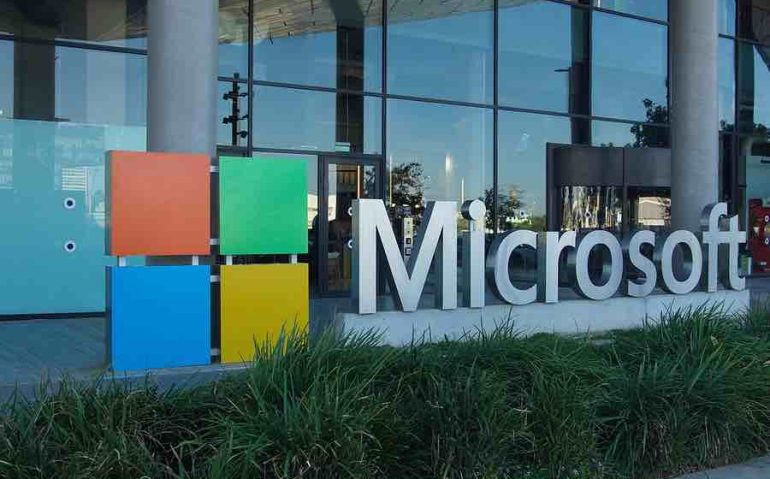Microsoft Research Asia (MSRA), a technology research institute operated jointly by Microsoft and China’s Tsinghua University, has come under increasing pressure as US-China relations sour. The institute was established in 1998 to foster collaboration between the two nations on high-tech projects such as artificial intelligence (AI) and cloud computing.
MSRA Collaboration between China and the US on High-Tech Research Under Scrutiny
However, tensions between the US and China have only grown since then, leading to increased scrutiny of MSRA’s operations. This has been particularly notable since 2018 when President Donald Trump launched his ‘America First’ policy towards foreign countries. In 2020, the US government accused several Chinese telecom companies of providing access to confidential information for military purposes — a charge that these firms have denied.
Layoffs at LinkedIn’s China Office in 2021
These developments have had a direct effect on MSRA’s work and activities. Layoffs at LinkedIn’s China office in 2021 were reportedly due to the increasing difficulty of doing business between the US and China. Many Chinese nationals working for American institutions, including Microsoft, are finding it increasingly difficult to obtain visas for travel or communicate with their colleagues in the US due to heightened security screening.
The increasing difficulties faced by MSRA researchers highlight how technology is becoming intertwined with geopolitics as AI becomes more widely used for surveillance and censorship. “AI has become a so-called sensitive field over the past two years,” said one of the Chinese Microsoft researchers applying for a Canadian visa. “Previously, being a Chinese national working in an American institution was a kind of honor. Now it’s hard to be proud of that.”
The growing tensions between the US and China have also had an effect on MSRA’s research agenda, which is becoming increasingly focused on security-related topics such as facial recognition technology. As one former researcher explained: “We used to research all sorts of things before, but now we are just trying to make sure our products and services comply with the Chinese government’s laws and regulations.”
It is unclear how much longer MSRA will be able to sustain its mission in this increasingly hostile political climate. The coming years could bring more restrictions or even complete shutdown of the institute’s operations, further damaging relations between the two tech giants. In the meantime, MSRA researchers remain hopeful that their work will help bridge the digital divide and improve understanding between their two countries.
In response to these developments, both Microsoft and LinkedIn have taken steps to address potential conflicts of interest in their research programs. Microsoft has publicly asked US government agencies to loosen visa restrictions for its Chinese employees while also calling on China to reduce barriers for American technology companies operating there. LinkedIn, meanwhile, has started a program that connects people in both countries with job postings from each other’s markets.
The actions taken by these large tech firms reflect the importance of fostering better international relations through technology. As AI continues to revolutionize the global economy and political landscape, it is increasingly important for companies to make sure their research and development activities are conducted in a way that respects cultural norms and values. It remains to be seen whether MSRA can remain open and continue its mission of advancing science, but the actions taken by Microsoft and LinkedIn demonstrate a commitment to creating a better future through the power of technology.







